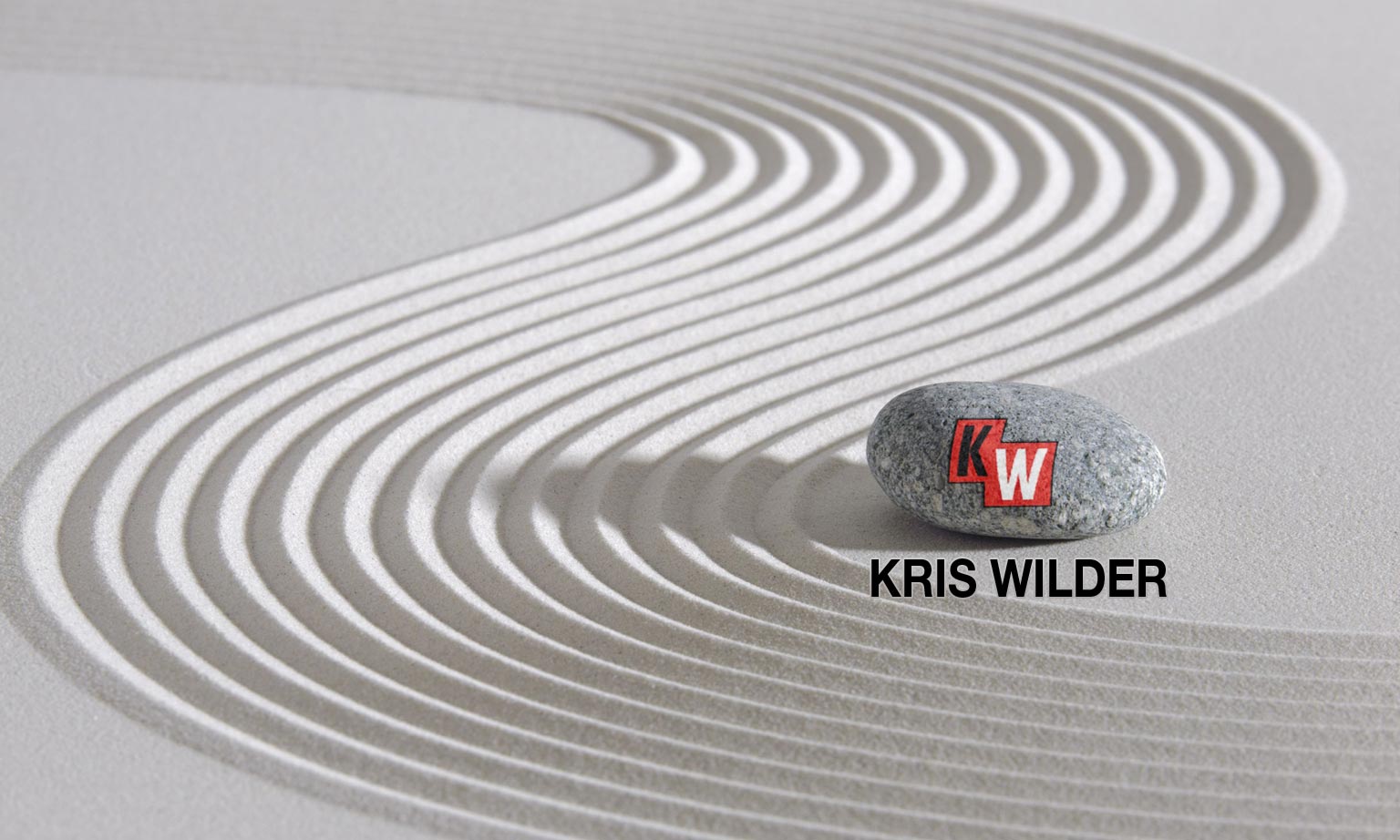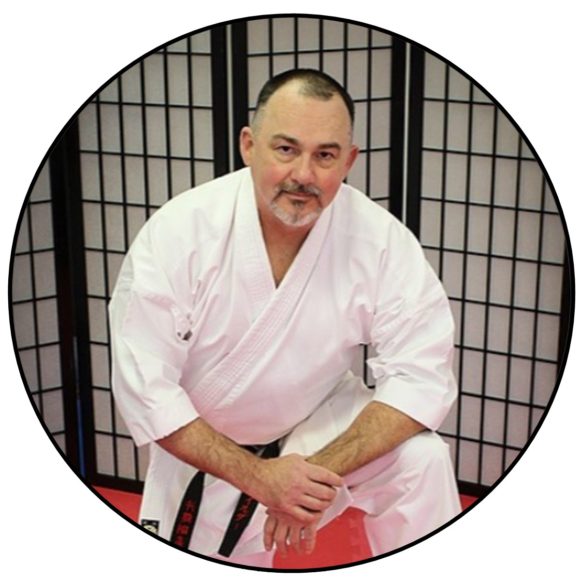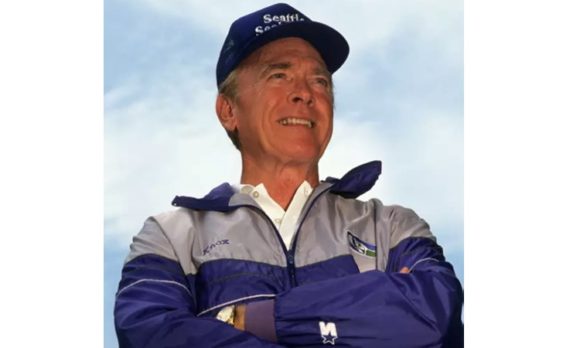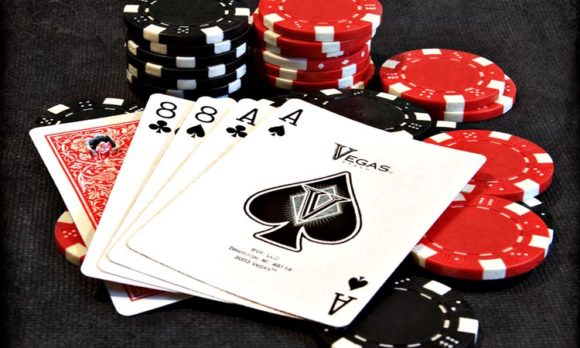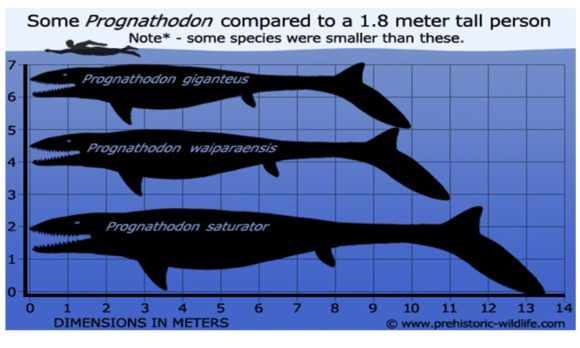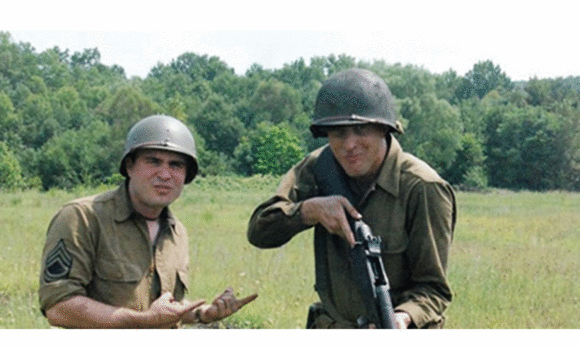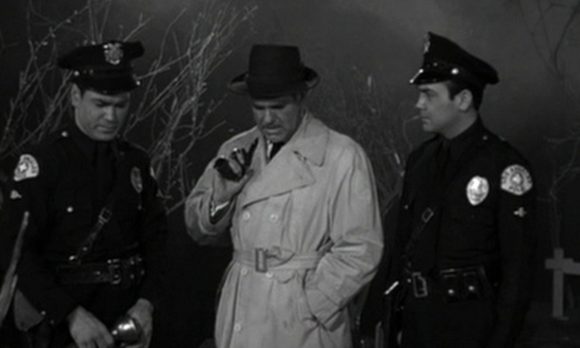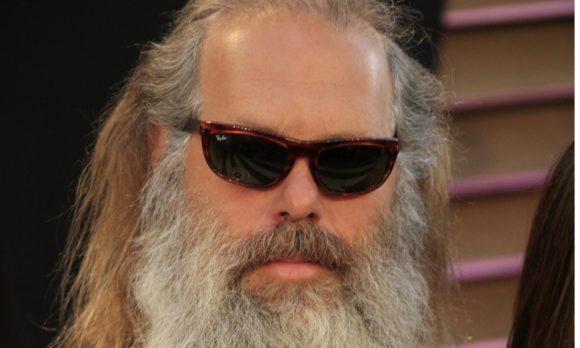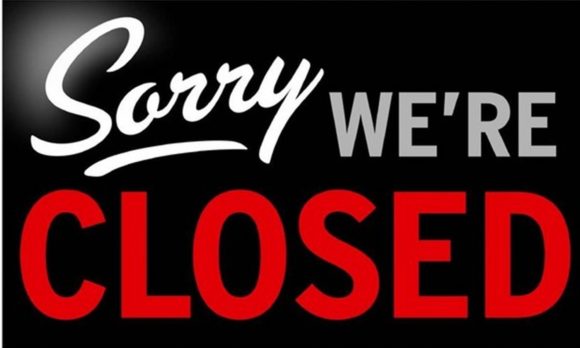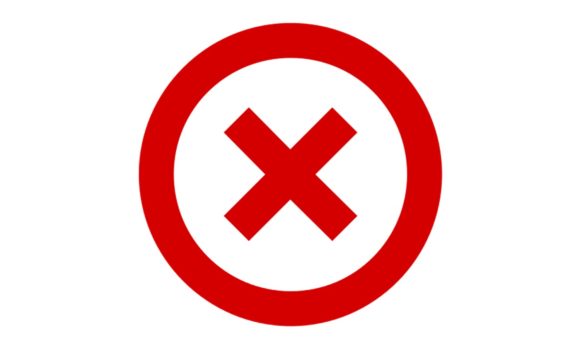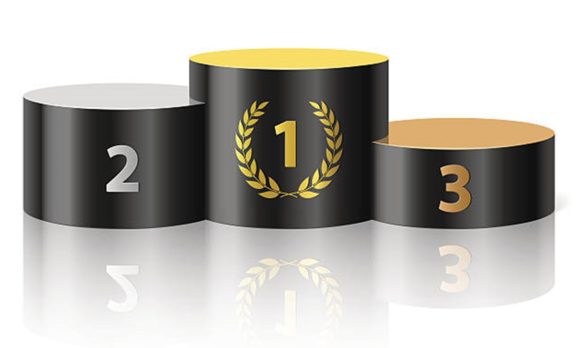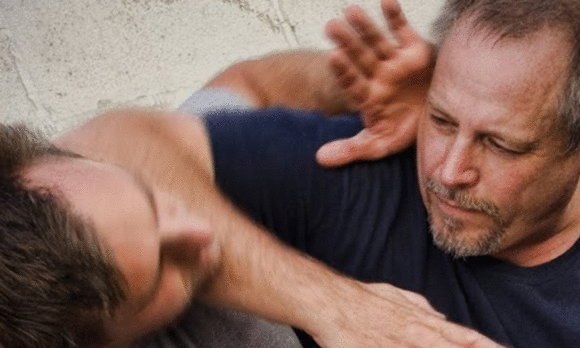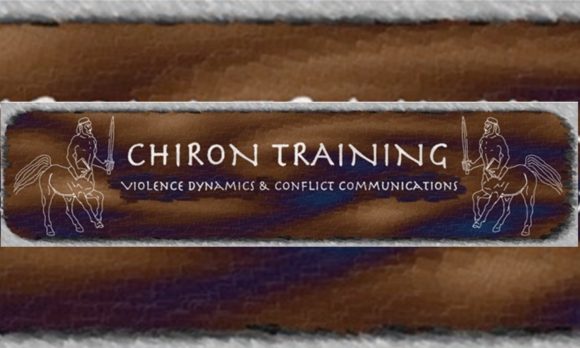
Three things karate people should seek are going to vary no matter who you ask. The reason you will get many varied answers is each person is different. Yet we are built on the same substructure.
The physical specimen could be advocating for more physical abilities. These people may say, “You need to be faster, stronger, bigger.” The small person may insist on more speed, “You have to be quick!” The suggestions may be opposite. The strong calling for more flexibility and the small calling for more strength.
The spectrum of what is important in karate is broad and deep. An instructor I once had would draw a circle in the air. With this circle in front of him he would say, “Karate is this big.” Then drawing a smaller circle inside the bigger circle, he would say, “I only know this much.” I didn’t believe him. I believe him now.
Working on a problem, a plan, an idea from small to big is a formula for disaster. This small to big orientation doesn’t honor the trajectory, the target, the goal.
So here are three large ideas, three principals you may want to consider, and why.
Three Things Karate People Should Seek
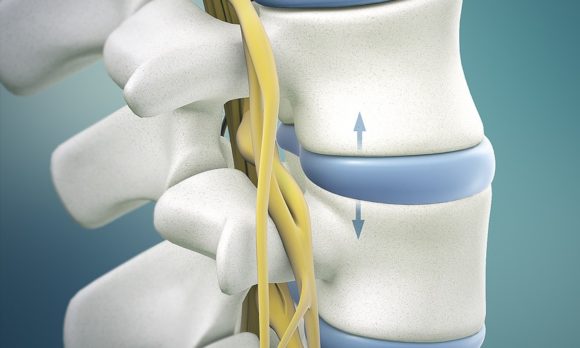
Posture
Your teachers and parents and especially my grandmother were all big on posture. We all know posture is important. It keeps pressure off your abdomen. It makes a difference in your positive mental attitude, the way you feel. Good posture opens your lungs. And a few more things you can likely think of.
All the things listed and the ones you thought of are all part of good karate, right? So, Posture is fundamental, working the physical body large to small. Providing a platform for success is the goal of better posture.

Energy
Energy is primary. If you are teaching karate you need to hear what my Program Director told me at my first radio station. “Nobody listening to you cares about what kind of a day you had. Act like every day is awesome.”
It is a lie. We all have less than stellar moments. But when you hit the floor to teach, or to learn, it’s the best day ever. And here is the kicker, if you act like things are good, your mind and body respond too. Not perfect, kind of a band-aid but true none-the-less. You can change your world, often with just a thought.
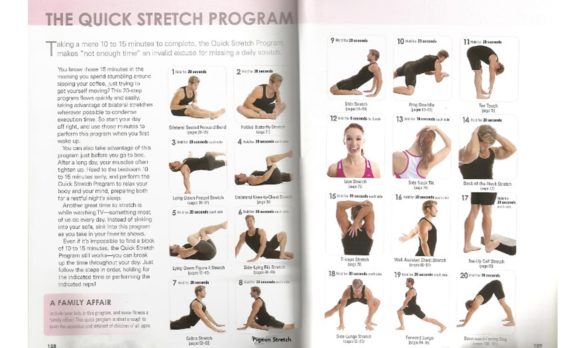
Mobility
Mobility is a result of flexibility and muscle tone. You should have both, mobility and some flexibility. Hyper-flexibility is not necessary for good karate, but if you choose it, that is fine.
The loss of mobility is the beginning of an illness. It hurts to move, so I don’t. I don’t move, so I eat. Eat, gain weight; I gain weight it is harder to move. Return to the beginning and repeat. This is a cycle to leads to, as an example Diabetes.
So, everybody has their needs and suggestions about what they need to do within the martial arts. I offer these three things as simple overarching ideas that can ripple downward and outward in you making your karate better and helping those around you, using three things karate people should seek.
Posture, Energy and Mobility.
You may enjoy these links as well.
Let’s Connect
KRIS WILDER
Kris Wilder is a martial artist based in Seattle Washington. He has authored many martial art books, including the classic, The Way of Kata. Making no apologies for his obsession of Football he can be found telling any who will listen about the nuances of the Canadian Football League.
